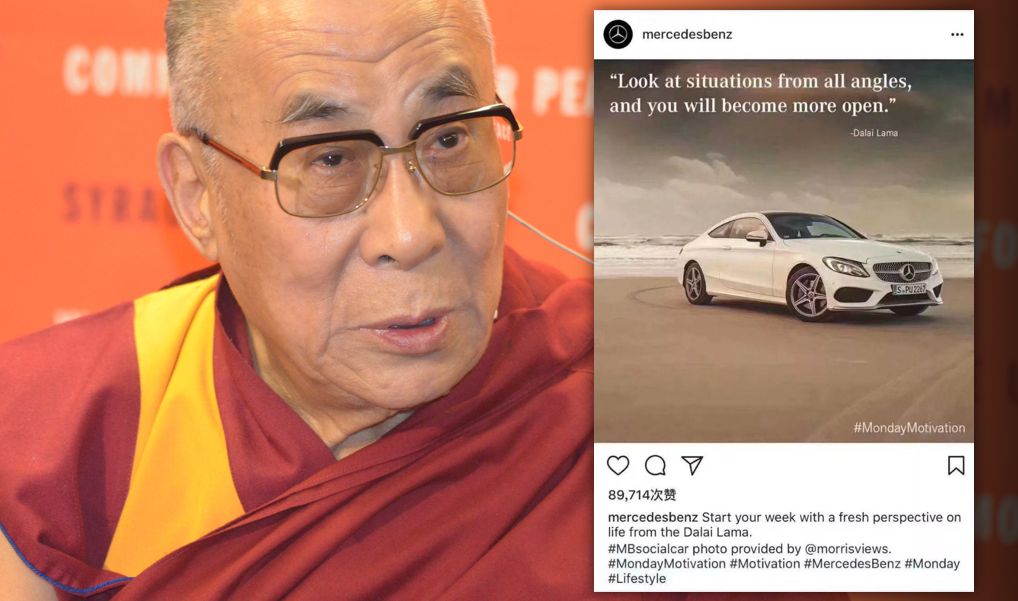As one of his first official acts as President of the United States, Donald Trump picked up the congratulatory call from his Taiwanese colleague Tsai Ing-wen. With this call, the small state with a population of 24 million enraged the mighty People’s Republic of China. There, this diplomatic appreciation of the tiny island off its shore was read as no less than an infringement on its own sovereignty.
The dispute behind these procedures is seventy years old: while the Communist Party of China considers Taiwan to be an integral part of its territory, many Taiwanese citizens beg to disagree. In the aftermath of the Chinese civil war, from which Mao’s Communists emerged victoriously, the members of the defeated Kuomintang Party regrouped in Taiwan, hoping to reclaim mainland China from the Communists in due course.

First, however, they transformed the island into a one-party dictatorship, alike that of the Communists bordering on their shores. The older generations of Taiwanese still recall these days of the ‘White Terror’. While Mao thus proclaimed the People’s Republic of China, Chiang Kai-shek declared the Republic of China of Taiwan. Both claimed to represent the singular, real China.
After Chiang’s death in 1975, liberalisations began in Taiwan that paved the road for the first free parliamentary elections in 1992. The Kuomintang, who remained in power for the first few legislative cycles, became the advocates for a peaceful reunification with China. The ‘One China’ doctrine, to which Peking regularly appeals until today, dates back to these days. Nonetheless, both sides have not since stepped back from their claim to represent this ‘One China’. As diplomatic ties developed between Taiwan and the US, Taiwan was guaranteed its special status.
However, the incumbent president, Tsai Ing-wen, is chairwoman of the Democratic Progressive Party (DPP). Her election in 2016 alarmed Peking, as reunification is no topic for the DPP. It is Taiwan’s young generation that brought the DPP to power. This generation neither has an interest in a reissue of a conflict between two war parties that dates back to 1949, nor does it feel any allegiance to the inheritance of mainland China. They consider themselves to be Taiwanese. The more radical of them took to the streets in the 2014 Sunflower-Movement, successfully squatting Parliament to prevent the Kuomintang from granting China more economic, and thus political, influence on the island. Today, five of these ‘radicals’ are Members of Parliament.

That is a fortune denied to their counterparts in nearby Hong Kong. There, the protagonists of the student movements were sentenced to jail. The PRC shows little concern for contracts that guaranteed to respect Hong Kong’s democratic culture of the country. The People’s Republic, encouraged by its economic success to export its autocratic political model, has lately held the reins more tightly on Taiwan and Hong Kong. The Chinese intrusion in Hong Kong’s democracy has also sparked fears on Taiwan.
The future of democracy will thus be decided in Taiwan. US Congress lately acknowledged this and appreciated Taiwan diplomatically. The technocratic ‘Taiwan Travel Act’ allows, up to the ministerial level, US diplomatic visits to Taipei and vice versa. China is, yet again, enraged. The Communist superpower watches with eagle’s eyes that no terms are publicly used that could signal the independence of Taiwan.
In this pursuit, airlines and hotels were pressured to delete Taiwan as an independent country option on their websites. German giant Lufthansa followed suit and joined the sad ranks of Daimler, whose CEO Dieter Zetsche sucked up to Peking after a quote of the Dalai Lama had surfaced on the company’s social media channels. Tibet, too, is considered part of its territory by the PRC. German corporates, to protect their market shares, are in cahoots with the authoritarian regime, humiliating the Federal Republic of Germany and debasing European values.

It is thus invigorating to see the US Congress stand up to the behaviour of the PRC. The German Bundestag should follow suit and strengthen its bonds with Taiwan and Hong Kong, given that they, together with the democracies of South Korea and Japan, are the West’s allies in the region. These are the countries that feature freedom of opinion, press, and religion. Taiwan will introduce marriage equality coined in the Western example as the first Asian state. Meanwhile, China has sounded the attack on the Western, democratic and open system.
In this struggle of the systems, China is certainly no enemy of the West as Russia was during the Cold War: the country does not aim for military expansion. Yet, it is uncompromising in its economic strategy to expand its sphere of influence across the globe through ingenious investments, and thereby become an antipole of the free world order established and guaranteed by the US after the Second War.
Alexander Görlach serves as an affiliate Professor to Harvard University College, Adams House, in the “In Defense of Democracy”-Program by the F. D. Roosevelt Foundation and as a senior fellow for the Carnegie Council for Ethics in International Affairs.
